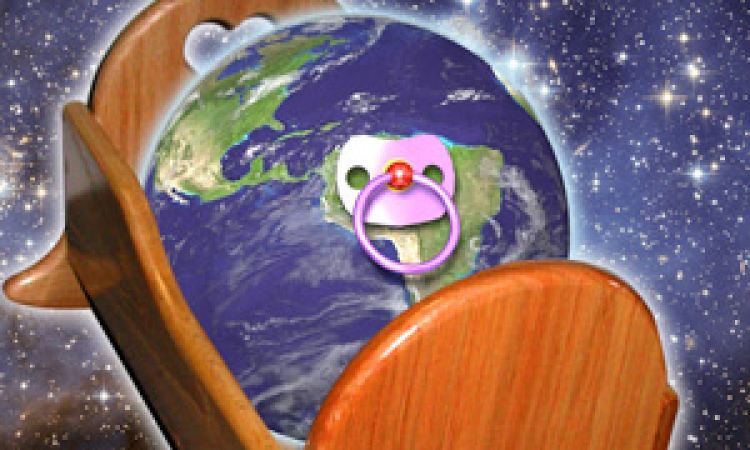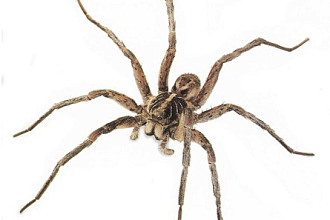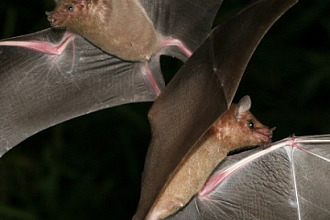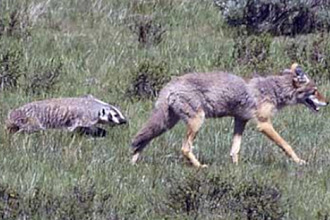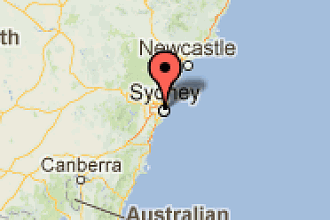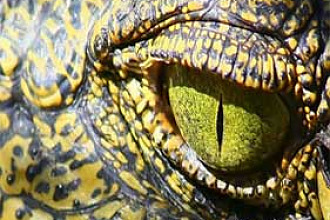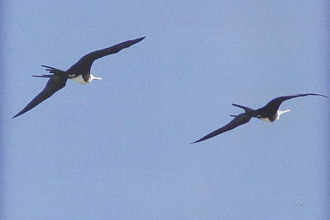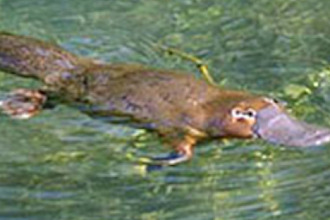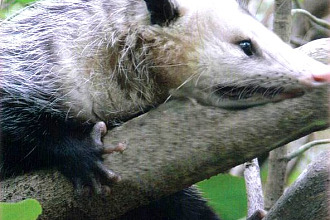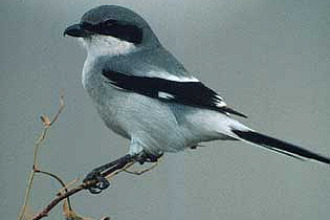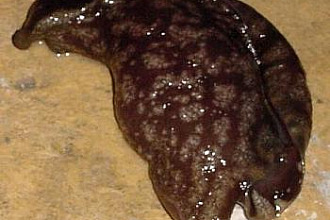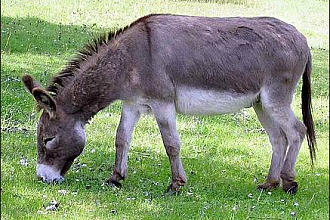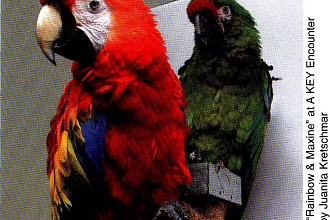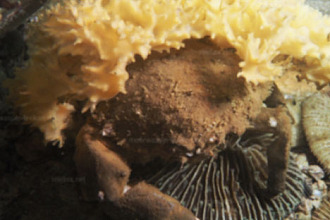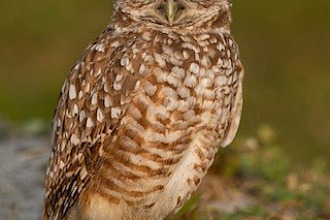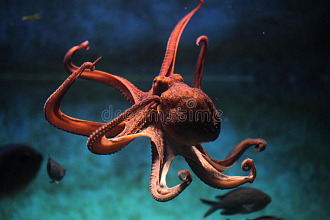As an idea, the 'big bang' just doesn't cut it—that is, it is no longer sufficient for its intended task.
In fact, it never was. What was its intended task? To provide a godless means of explaining the origin of the cosmos. However, even diehard atheist physicists are abandoning the big bang, given its increasingly evident failures to fit the known facts of the universe.
The editorial then outlines how cosmologists had, over a number of years, come up with "several different models of the universe that dodge the need for a beginning while still requiring a big bang. But recent research has shot them full of holes. It now seems certain that the universe did have a beginning."
Counter-intuitively these models had been constructed to be compatible with the big bang. I.e. the big bang was not the beginning. However, as cosmologist Alexander Vilenkin of Tufts University in Boston explained earlier this year, hope in these ideas "may now be dead". Vilenkin showed that all these models still demand a beginning. They do not stretch back in true infinity; rather, there is still a "start of everything."
Of the eternal inflation model, Vilenkin says that, "You can't construct a space-time with this property"—the equations simply don't work. "It can't possibly be eternal in the past. There must be some kind of boundary."
And Vilenkin said that while cyclic universes have an "irresistible poetic charm and bring to mind the Phoenix" (quoting the late Belgian astronomer and priest Georges Lemaître), the model was hopelessly wrong in its predictions of the universe's level of order today. If there had indeed already been an infinite number of cycles, the universe today should be in a state of maximum disorder. As the New Scientist article pointed out:
"Such a universe would be uniformly lukewarm and featureless, and definitely lacking such complicated beings as stars, planets and physicists—nothing like the one we see around us."
The attempted rescue suggestion, viz. that the universe just gets bigger with every cycle, therefore isn't yet at maximum disorder, also fails on the same point as the eternal inflation model. I.e., "if your universe keeps getting bigger, it must have started somewhere."
And so in that light, as the editorial of that issue of New Scientist muses, physicists must answer the problem: "How do you get a universe, complete with the laws of physics, out of nothing?"
The One who really is eternal, who exists "from everlasting to everlasting", and whose creation of the space-time construct presents such a conundrum to cosmologists who would deny Him, has already spoken much about the beginning—for those willing to listen. Sadly, even some apologists who believe in the Messiah (such as Hugh Ross and William Lane Craig) have naively been duped into advocating 'God used the big bang and other godless origins ideas'—untenable on all counts. The only way to avoid such error is by believing God's Word—from the very first verse.

